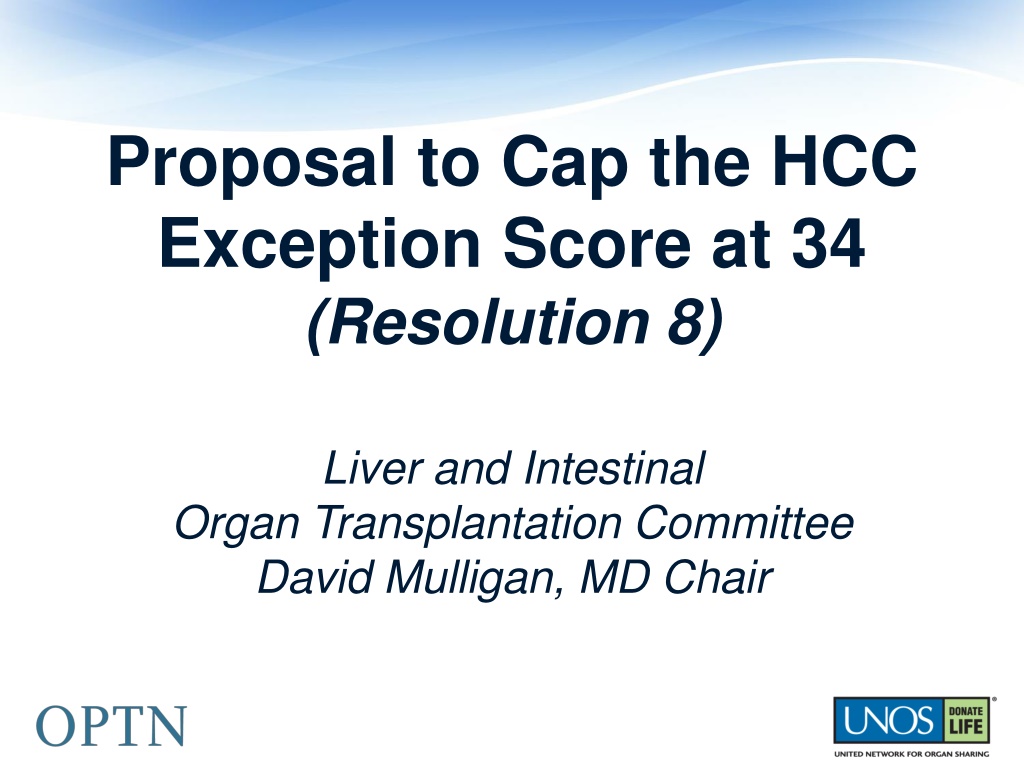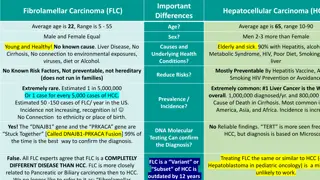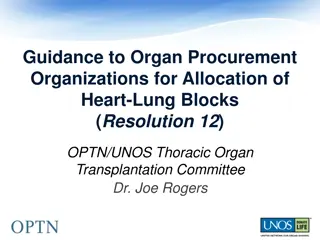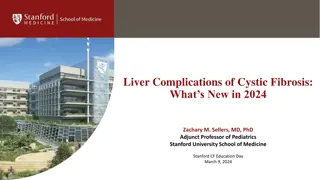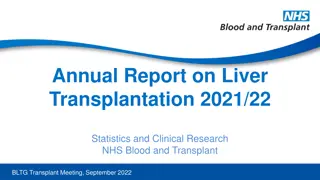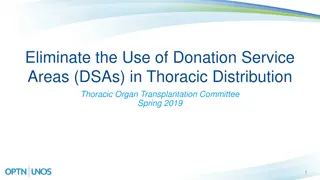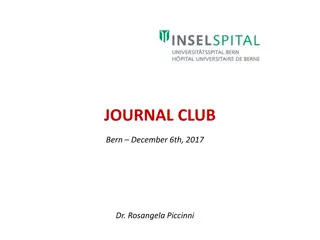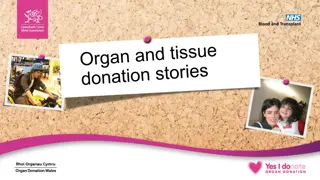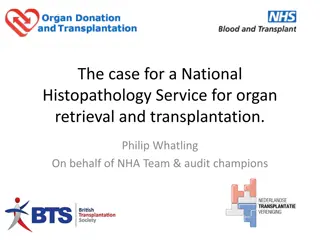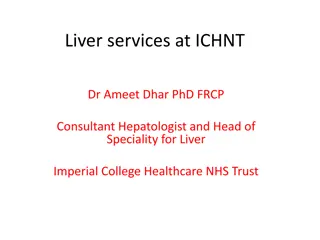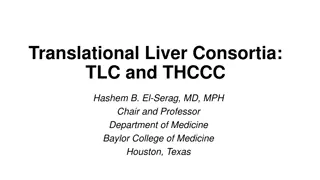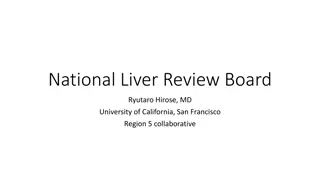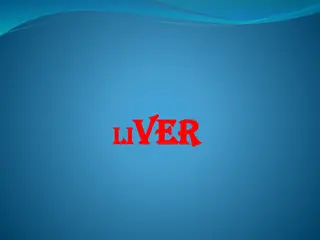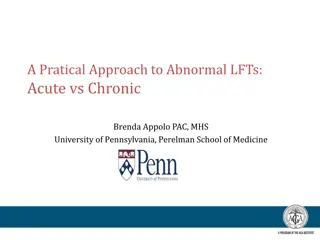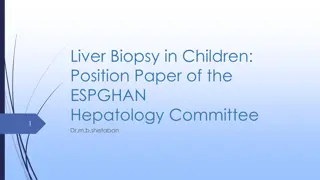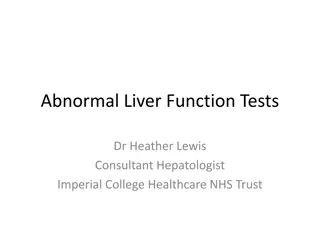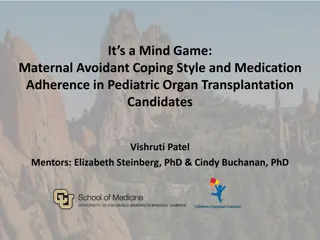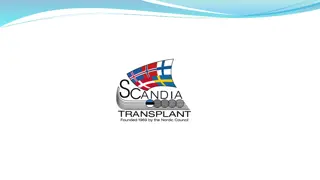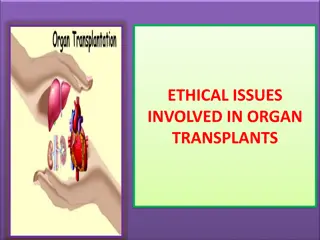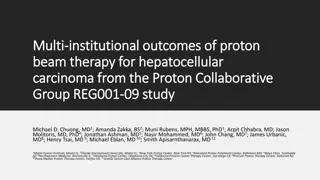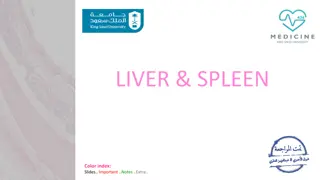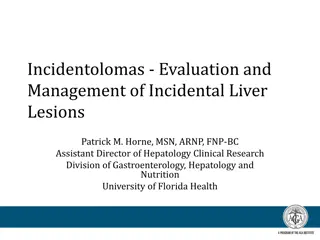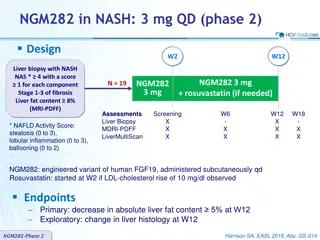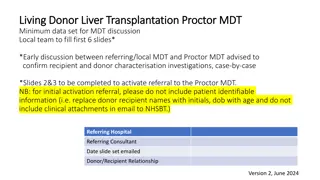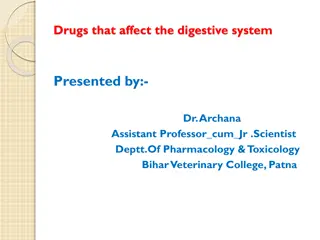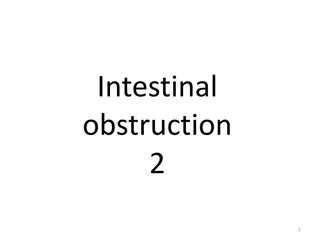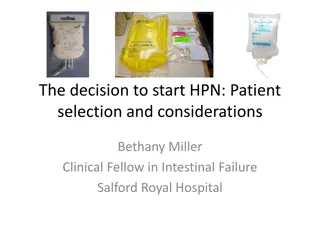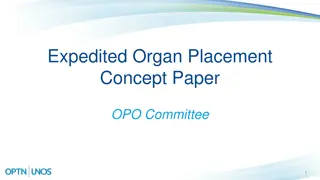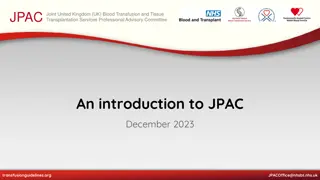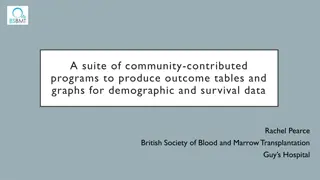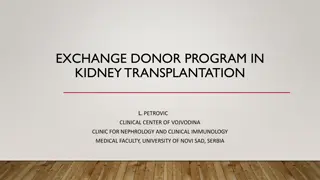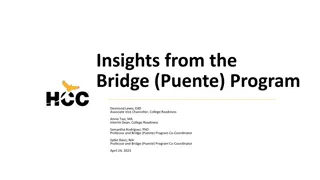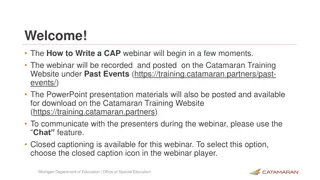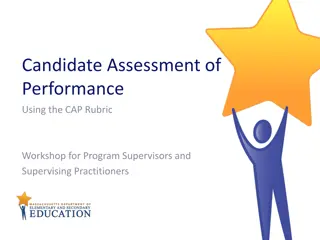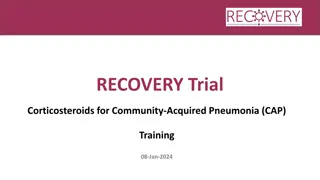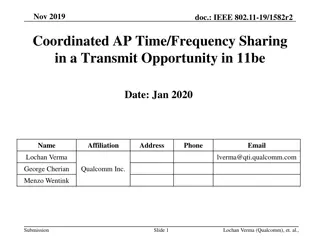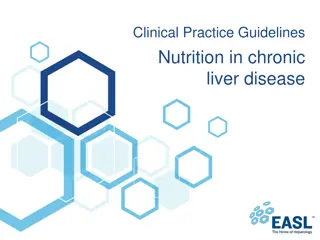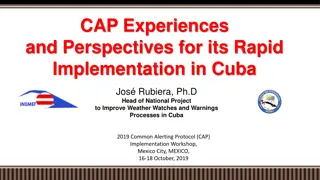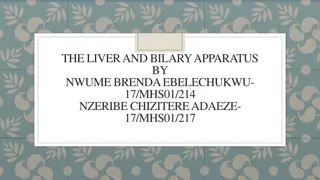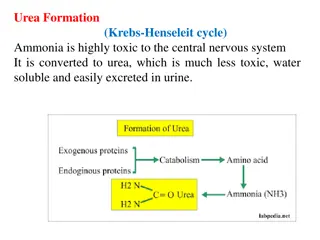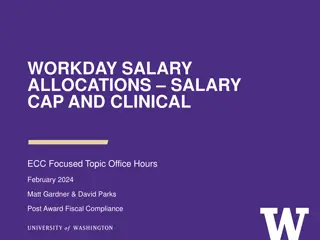Proposal to Cap the HCC Exception Score at 34 for Liver and Intestinal Organ Transplantation
Share 35 policy implemented to direct livers to high-risk patients, but liver offers are going to candidates with lower risk. This proposal aims to prioritize candidates most in need of liver transplants by capping the HCC exception score at 34.
Download Presentation

Please find below an Image/Link to download the presentation.
The content on the website is provided AS IS for your information and personal use only. It may not be sold, licensed, or shared on other websites without obtaining consent from the author. Download presentation by click this link. If you encounter any issues during the download, it is possible that the publisher has removed the file from their server.
E N D
Presentation Transcript
Proposal to Cap the HCC Exception Score at 34 (Resolution 8) Liver and Intestinal Organ Transplantation Committee David Mulligan, MD Chair
The Problem Share 35 policy implemented 06/18/2013 with the goal to direct livers to those most at risk of death BUT livers are being offered regionally to HCC 35+ candidates These candidates have much lower risk of waiting list dropout Contrary to the intent of Share 35
Strategic Plan Goal 2: To Increase Access to Transplants Better prioritize those candidates most in need of liver transplantation
Goal of the Proposal Give candidates with calculated MELD/PELD scores of 35 and higher a better opportunity to receive regional offers under the new policy
How the Proposal will Achieve its Goal Exclude patients with HCC exceptions who have a lower risk of death or rate of drop out from regional sharing under Share 35
Cap HCC Supporting Evidence MELD/PELD Score 35+ candidate have high mortality risk, similar to Status 1 (Sharma, et al) HCC exception candidates have lower waiting list death/dropout (Washburn, et al, Massie, et al) Number of HCC exception scores 35+ increasing Only 6 in 2010, 41 cases in 2013 Many as Other, specify with HCC criteria entered into narrative
Cap HCC Supporting Evidence Candidates with HCC exceptions receive increases every 3 months Most patients treated (90%), many with stable tumors Capped candidates will still receive priority for local offers May petition the RRB if need for higher priority is demonstrated
Public Comment Public Comment: Proposal to Cap HCC Exception Score received 35 responses. Of these, 25 (71.43%) supported the proposal, 6 (17.14%) opposed the proposal, and 4 (11.43%) had no opinion. Of the 31 responses that included an opinion, 25 (80.65%) supported the proposal and 6 (19.35%) opposed the proposal. Regional Responses: Approved by all Regions HCC Subcommittee Recommendation: Forward to the Board without substantial post public comment changes. Committee unanimously voted in support: 15 in favor: 0 opposed: 0 abstentions
Overall Project Impact Product Policy Target Population Impact: Liver Transplant Candidates Total IT Implementation Hours 1,020/10,680 1020 0 1000 2000 3000 4000 5000 Total Overall Implementation Hours 1,215/17,885 1215 0 1000 2000 3000 4000 5000 6000
RESOLUTION 8, Page 17 RESOLVED, that Policies 9.3.G.vi (Extensions of HCC Exceptions) are modified as set forth below, effective pending programming and notice to OPTN membership. 9.3.G.vi Extensions of HCC Exceptions A candidate will receive additional MELD or PELD points equivalent to a 10 percentage point increase in the candidate s mortality risk every three months after receiving an HCC exception until the candidate receives a transplant or is unsuitable for transplantation based on the candidate s HCC progression. The HCC exception score will be capped at 34. Upon implementation, candidates with HCC exception scores greater than 34 will receive a score of 34 for their remaining HCC exception extensions. Candidates with scores greater than 34 at the time of implementation may be referred to the RRB if they demonstrate the need for higher priority.
Thank you for your consideration. Questions? David C. Mulligan, MD Committee Chair David.Mulligan@yale.edu Ashley Archer-Hayes, MAS Committee Liaison Ashley.Archer-Hayes@unos.org
